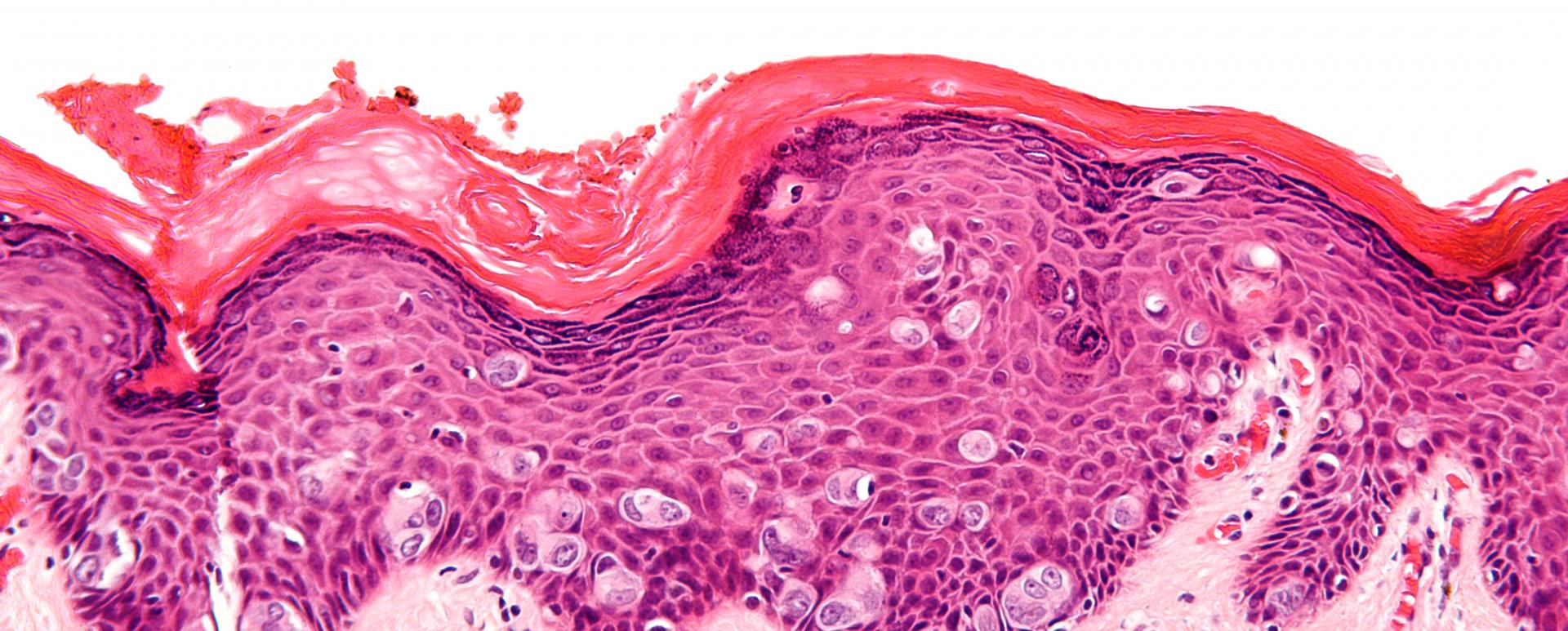What is UPA?
UPA, or ulipristal acetate, is a safe drug that changes the way your body responds to progesterone, a sex hormone that is made when you ovulate and can cause your breast cells to divide. It is currently FDA approved to be used as an emergency contraceptive at 30mg. In Europe, it is approved as a treatment for uterine fibroids at 5mg. We will investigate UPA a 10mg dose, which past studies tell us is safe and well-tolerated.
Ok...but what does UPA have to do with breast cancer?
Because UPA blocks progesterone, we wonder if UPA might prevent breast cells from multiplying. If so, then it might prevent breast cancer from developing over time. We have drugs now that prevent breast cancer - tamoxifen and raloxifene. But these drugs have side effects that keep many women from using them. We are looking for the next generation breast cancer prevention medication.
UPA Breast Study
A research study by Columbia University Medical Center in collaboration with Weill Cornell Medical Center.
Principal Investigator:
Carolyn Westhoff MD, MSc
Funded by the National Cancer Institute


what are we investigating?
study design
Total study duration: 4.5 months
- A screening visit (1.5 hours)
- Up to 8 blood draw visits during your first month (15 min each)
- Phase one ends with an MRI scan of your breasts and a breast biopsy (3 to 4 hours)
- You will take either a traditional birth control pill or a daily UPA pill for 3 months
- 5 study visits during the first two months and 7 visits in the last month (15 minutes each)
- A daily text message will ask you what time you took your pill each day
- Phase two ends with an MRI scan of your breasts and a breast biopsy (3 to 4 hours)
You will receive modest compensation for all travel, time, and effort.
Am I right for this study?
Are you...
Women with high blood pressure, diabetes, kidney disease, liver disease, heart disease, or a history of blood clots will not be able to participate in the study.
Get Involved and give us a call!
Note: the two MRI visits will occur at Columbia regardless of your routine visit location
622 W. 168th St.
New York, NY 10032
[email protected]
(212) 305-0947
525 E. 68th St.
New York, NY 10065
[email protected]
(646) 962-8313

